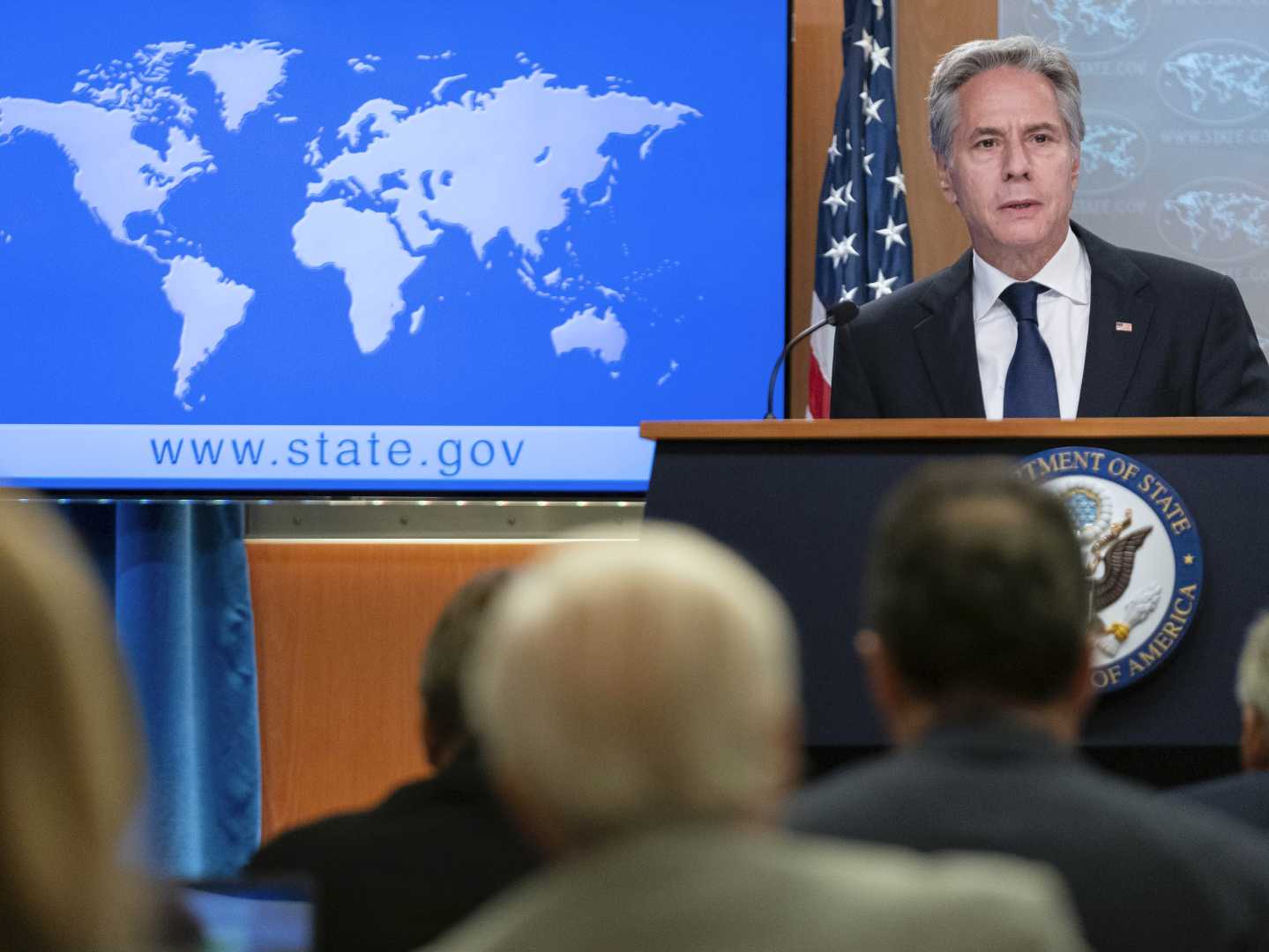News
U.S. Government Imposes Sanctions While Addressing Global Humanitarian Needs

WASHINGTON, D.C. — On July 31, 2025, U.S. Secretary of State Marco Rubio announced sanctions against Brazilian Supreme Court Justice Alexandre de Moraes for undermining freedom of expression and authorizing arbitrary detentions. The sanctions reflect the U.S. commitment to uphold citizens’ fundamental rights globally.
As Secretary Rubio stated, Moraes abused his power by silencing political criticism through secret orders that compelled social media platforms to ban users for expressing protected speech. He made it clear, stating, “judicial robes cannot protect you” from accountability.
In tandem with these sanctions, the Biden administration also announced a significant trade agreement with the Republic of Korea, during Secretary Rubio’s meeting with ROK Foreign Minister Cho Hyun. The deal aims to bolster the longstanding U.S.-ROK alliance and enhance regional security in the Indo-Pacific.
Simultaneously, the U.S. is responding to non-compliance from the Palestine Liberation Organization (PLO) and Palestinian Authority (PA) concerning their commitments to peace initiatives, leading to imposed visa sanctions on their officials under the Middle East Peace Commitments Act.
In a humanitarian effort, the United States announced a new allocation of $52 million to the World Food Program. This funding aims to provide emergency food assistance for vulnerable populations in the Democratic Republic of Congo, Ethiopia, Haiti, and Djibouti. Over 12,700 metric tons of food, including rice and vegetable oil, will be distributed to those in need.
Additionally, in the face of escalating hunger in Gaza, the U.S. government continues to support the Gaza Humanitarian Foundation’s efforts, which have distributed over 69 million meals. The administration is coordinating with international partners to enhance the delivery and accessibility of humanitarian aid to the region.
As the humanitarian crisis unfolds, the U.S. continues to push for a ceasefire agreement that would prioritize the safety of civilians, including calls for Hamas to lay down arms and release hostages. Secretary Rubio expressed a hopeful vision for a future in Gaza, emphasizing the need for a resolution that considers the voices and rights of all affected populations.












